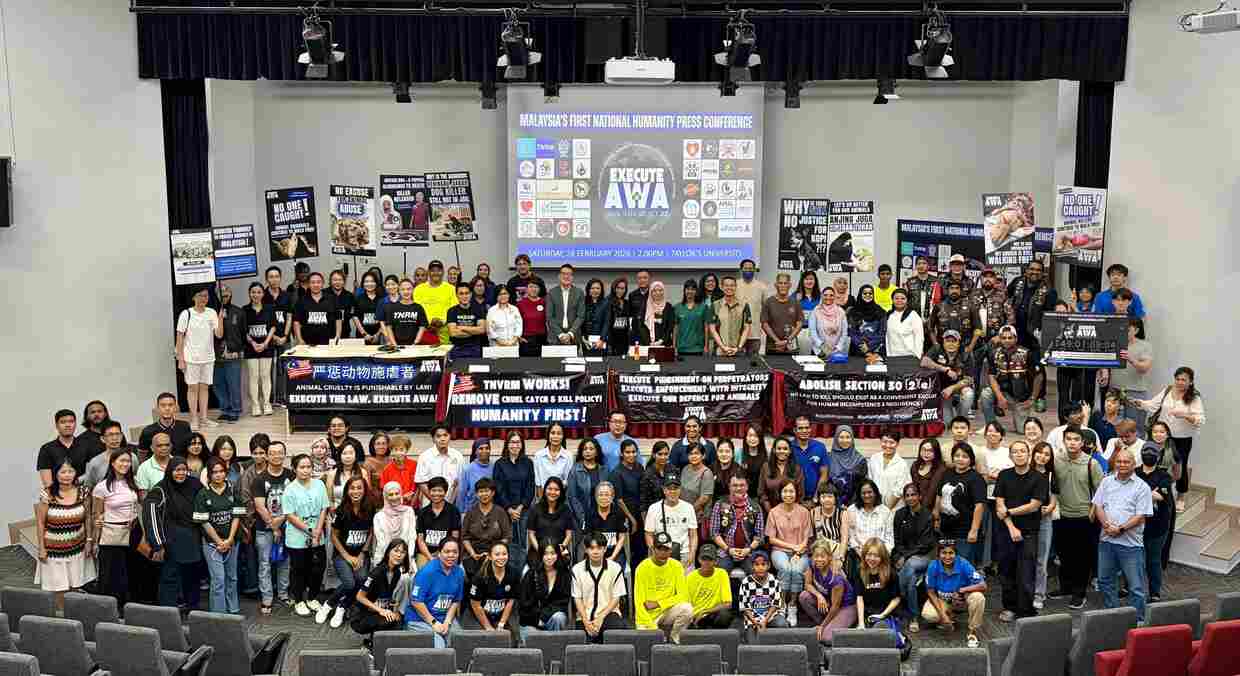With the rapid growth of digital technologies, the issue of cyberbullying has become a significant concern, particularly in Malaysia, where cases have reached alarming levels. Wong Lai Cheng, a media and communication educator, has highlighted the critical need to integrate Media and Information Literacy (MIL) into the education system to effectively address this issue.
“With the rise of digital technologies, cyberbullying has emerged as a challenge that threatens the well-being and education of children around the world.” Wong notes, emphasizing that this global challenge requires urgent attention and action.

Malaysia’s struggle with cyberbullying is starkly illustrated by recent tragic events. Wong references the case of a TikTok influencer who reportedly took her life after facing relentless online harassment. This tragedy, coupled with the malicious social media comments directed at Malaysian athletes during the Paris 2024 Olympics, underscores the severe impact cyberbullying can have on mental health.
Wong points out that, according to a 2020 UNICEF report, Malaysia ranked second in Asia for cyberbullying among youths, with three out of ten young Malaysians having been victims. The prevalent platforms for cyberbullying include social media, messaging apps, and online gaming communities, making the need for comprehensive strategies to combat this issue more pressing than ever.
Combating cyberbullying
The Malaysian government has shown its commitment to addressing cyberbullying through potential amendments to the Penal Code and requiring large social media platforms to obtain licenses under the Communications and Multimedia Act. While these legal measures are essential, Wong argues that they should be complemented by educational interventions.
“Having effective methods such as school-based and educational interventions have consistent and positive effects in terms of cyberbullying reduction and prevention. To effectively combat this issue, we need to enhance digital literacy and promote Media and Information Literacy (MIL) across society,” Wong suggests.

She emphasizes that integrating MIL into the education system is crucial, as it equips students with the skills needed to navigate technology safely and responsibly. By fostering critical thinking, MIL enables individuals to assess online content critically, question its authenticity, and avoid engaging in harmful behaviors. Wong argues that students can become more conscientious digital citizens, ultimately contributing to a safer and more supportive online environment.
The potential of MIL in preventing cyberbullying
Wong further explains that MIL has the potential to prevent cyberbullying by encouraging responsible content creation and educating users about the legal and social consequences of harmful online behavior. However, she notes that the understanding and skills that form MIL have yet to be fully integrated into teachers’ classroom practices in Malaysia.
“The responsibility for cultivating MIL should not rest solely on students but should be shared among school and family institutions, policy makers, and social media platforms. Daily use of social media among all levels of society is unavoidable, however education and strategies to increase awareness of consequences of misuse should be implemented at different levels,” Wong asserts.

The importance of digital literacy extends beyond the classroom. Wong advocates for educational efforts that equip all layers of society with the necessary MIL competencies to filter the vast amount of information available online. By focusing on the three basic skills of MIL—Create, Analyze, and Evaluate—young people can be guided away from unhealthy online attitudes and behaviors, helping to reduce the impact of cyberbullying.
Wong concludes with a call for institutions and government agencies to support the integration of Media and Information Literacy (MIL) into schools as a proactive measure against cyberbullying. “Integration of MIL in schools, and prospective studies are needed to determine effective interventions to reduce cyberbullying and its severe consequences.” she asserts.
Wong emphasizes that targeted research and the implementation of MIL can play a crucial role in developing effective strategies to combat cyberbullying, thereby ensuring a safer and more responsible digital environment.











